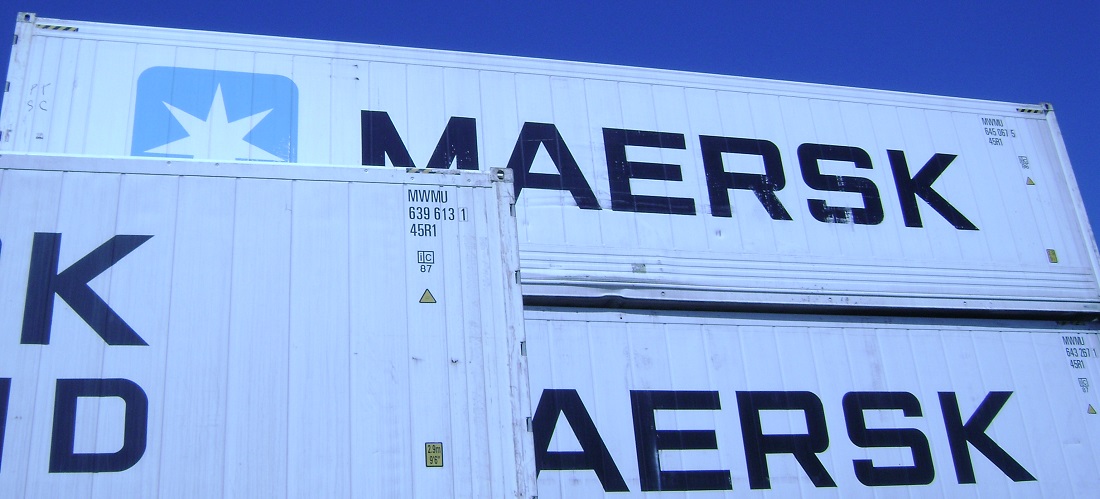
Maersk replaces paper Bill of Lading for digital blockchain records
Sep, 19, 2023 Posted by Gabriel MalheirosWeek 202338
Danish logistics conglomerate Maersk has recently replaced the traditional document bill of lading (BL) with a blockchain record. According to Maersk, the plan is to issue 50% of its bills of lading digitally within five years and 100% by 2030.
The cargo transported was a shipment of scrap metal from Singaporean commodities company Maptrasco to Indian steelmaker Jindal Stainless. The blockchain certification was conducted through the TradeTrust Framework initiative, led by Enterprise Singapore and Singapore’s Infocomm Media Development Authority (IMDA).
Previously, Maersk had tried to convince coffee producers to use the blockchain platform TradeLens, developed jointly by IBM and GTD Solution, as a traceability solution in the commodity transportation chain. However, Maersk stated that the initiative was discontinued on November 29 last year due to the “lack of participation from all sector players.”
In this recent operation, Jindal secured a letter of credit with the Indian bank ICICI to finance the payment, and Maptrasco shipped the cargo from Miami to the port of Gujarat while partnering with DBS Bank to receive the letter of credit rights. Then, the Singaporean company sent the electronic bill of lading (eBL) to DBS, verifying it and other documentation before transferring eBL ownership to ICICI.
Once in India, ICICI used its own blockchain platform, TradeChain, to transfer the eBL to Jindal Stainless, which later presented the electronic document to Maersk when the scrap-filled containers arrived at the Gujarat port to take possession and unload the cargo.
The Infocomm Media Development Authority of Singapore stated in a note to the press that this was the “first shipment to go through a fully paperless transaction process involving traders, shippers, and banks.” Conversely, Maersk still believes that digitalization in maritime transport and logistics “transforms supply chains” and will “profoundly change how companies operate.”
Enterprise Singapore stated that making electronic bills of lading prevents fraud when sending a paper version by mail.
“We are pleased that with the demonstrated interoperability between platforms, traders can now gain greater access to trade finance through more reliable documentation that meets the requirements of financial institutions,” said Tan Soon Kim, Vice President of Enterprise Singapore.
TradeTrust has been in development for four years and can use the Ethereum or Polygon blockchain. It employs service providers to absorb gas fees (the cost charged by public blockchains to record a smart contract in the process known as “minting”).
Source: Valor Econômico
To read the original news report, see: https://valor.globo.com/financas/criptomoedas/noticia/2023/09/18/maersk-substitui-documento-portuario-por-blockchain-em-transporte-na-asia-e-planeja-reduzir-uso-de-papel.ghtml
-
Oil and Gas
Jul, 10, 2019
0
YPFB intends to buy Petrobras stake in Bolivia-Brazil gas pipeline
-
Ports and Terminals
Sep, 20, 2019
0
Log-In manages to lease Vila Velha Terminal for another 25 years
-
Grains
May, 08, 2024
0
U.S. share in China’s soybean market to dwindle as Argentina boosts supply
-
Shipping
Apr, 05, 2024
0
Maersk: World’s second large methanol-powered containership named in Yokohama

